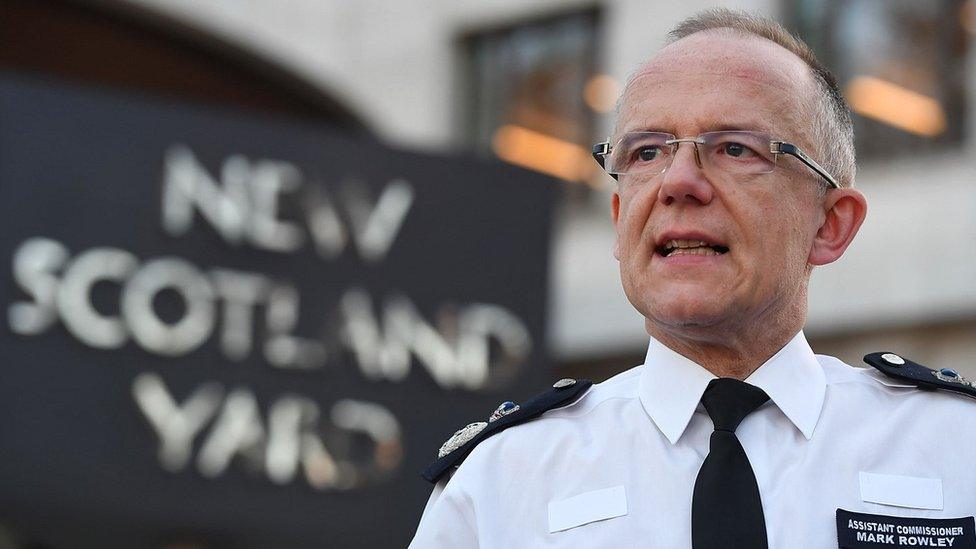Daniel Morgan murder: Met Police in talks over settlement payout
- Published

Daniel Morgan was found with an axe in his head outside the Golden Lion pub in Sydenham, south-east London
The Met Police is in talks regarding a payout to the family of murdered private detective Daniel Morgan.
Met Commissioner Sir Mark Rowley told BBC Radio 4's Today programme that he could not confirm a figure as he was "legally bound" for the next few days.
He also spoke of efforts to transform the Met's culture, which he said included the removal of more officers.
Mr Morgan, 37, was found with an axe in his head in the car park of a pub in Sydenham, south-east London, in 1987.
No-one has been convicted over the father-of-two's killing, since which there have been five inquiries and an inquest, at an estimated cost of more than £40m.
The Met has previously admitted corruption hampered the original murder investigation and apologised to Mr Morgan's family. A panel found in 2021 that the Met repeatedly covered up its failings.
The force's first objective in the case had been to protect itself, said Baroness O'Loan, the head of the independent panel.
Sir Mark also told Today that the force was undergoing the "biggest doubling down on standards" in 50 years.
"I've been really clear about bearing down on standards. The majority of my officers want that, they're reporting more cases, and we're having a big effect," Sir Mark said of the force's internal culture, which has come in for widespread criticism in the wake of various scandals.
He added: "We've got more officers reporting allegations over the last six months than ever before.
"We've got more investigations. We're removing more officers from the organisation.
"So that's the doubling-down effect that we're seeing. It's going to take some time and I spoke publicly about this. You're going to see a couple of cases a week appearing in court."

Sir Mark Rowley was appointed Met commissioner last year
He added that, historically, the Met Police had removed about 50 officers a year but said it was now projected to be "a lot more than that".
"There are hundreds who need removing. And we're working our way through those hundreds."
Sir Mark also spoke about the force's use of the Cambridge Crime Harm Index, external to assess the 35,000 offenders reported each year for crimes against females.
The index is described as the first system to measure the seriousness of a crime's harm to victims, rather than just catalogue the number of recorded offences. Previously, it has only been used in the spheres of terrorism and organised crime.
The system gathers data on tens of thousands of men recently convicted of domestic assault, rape, sex offences, stalking and harassment to identify the 100 who pose the highest risk to the public.
Sir Mark said: "We are going to be much more proactive going after repeat offenders."

Follow BBC London on Facebook, external, Twitter , externaland Instagram, external. Send your story ideas to hellobbclondon@bbc.co.uk